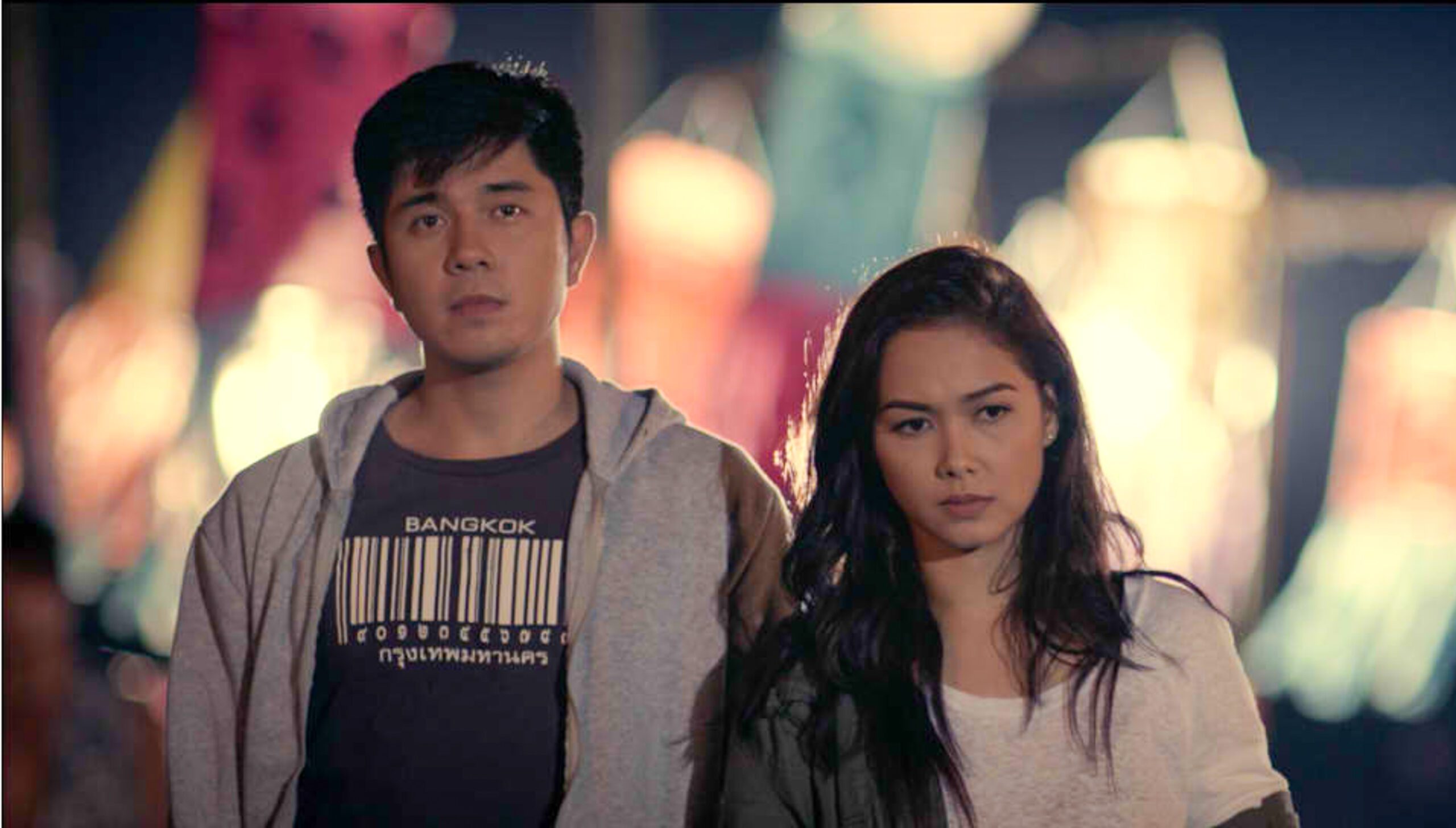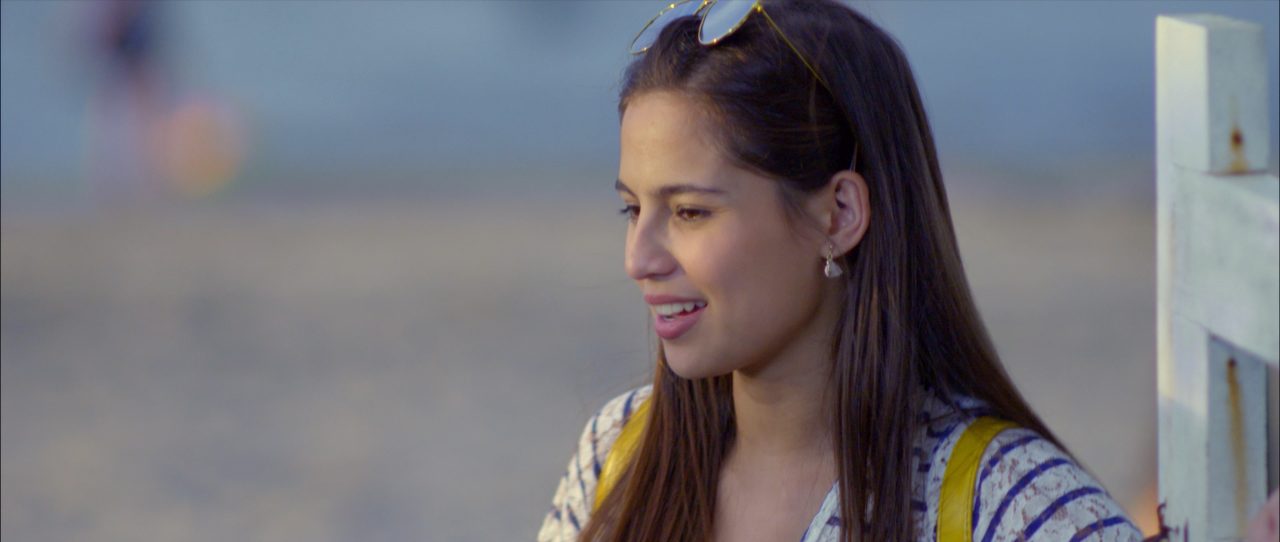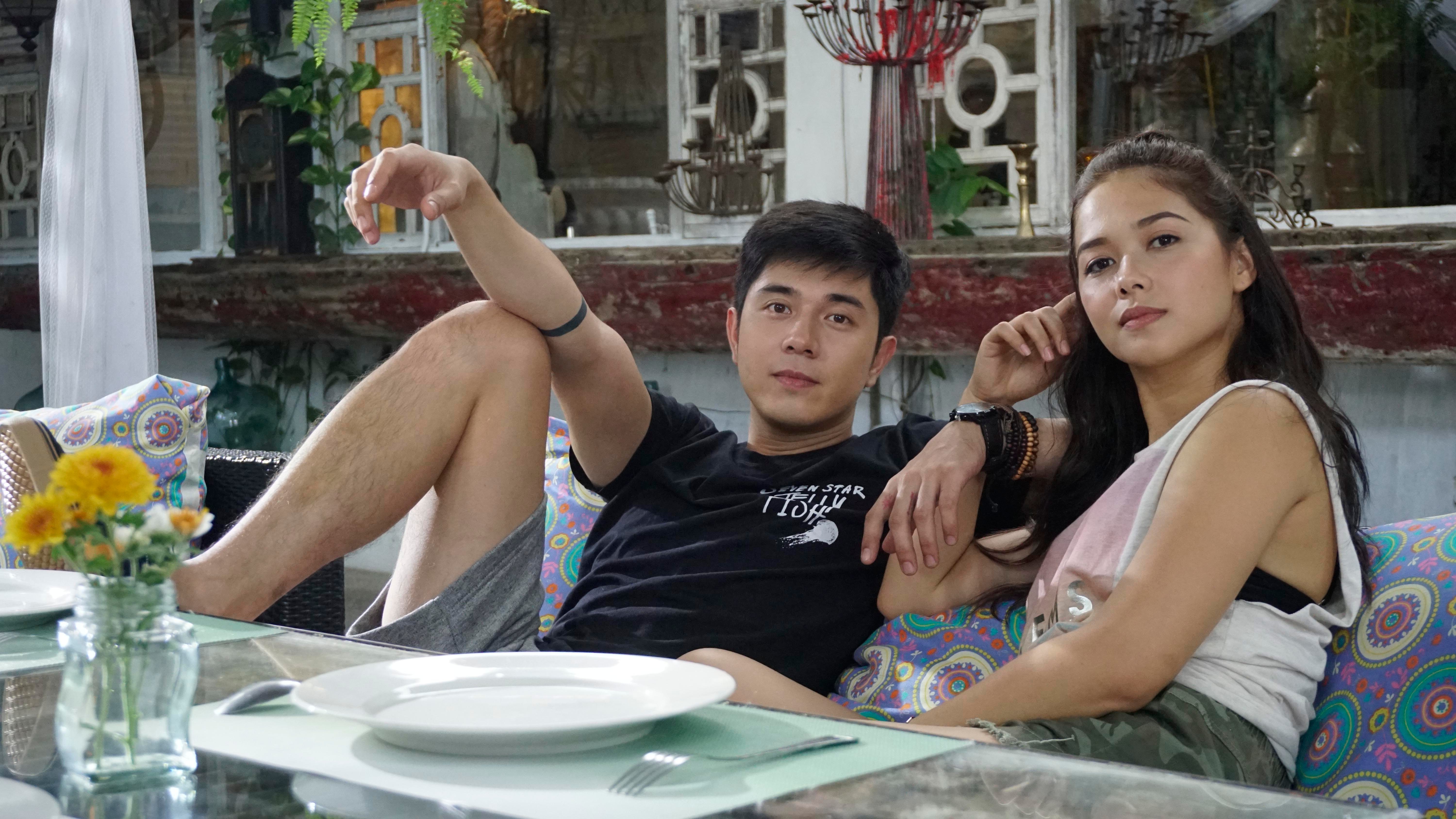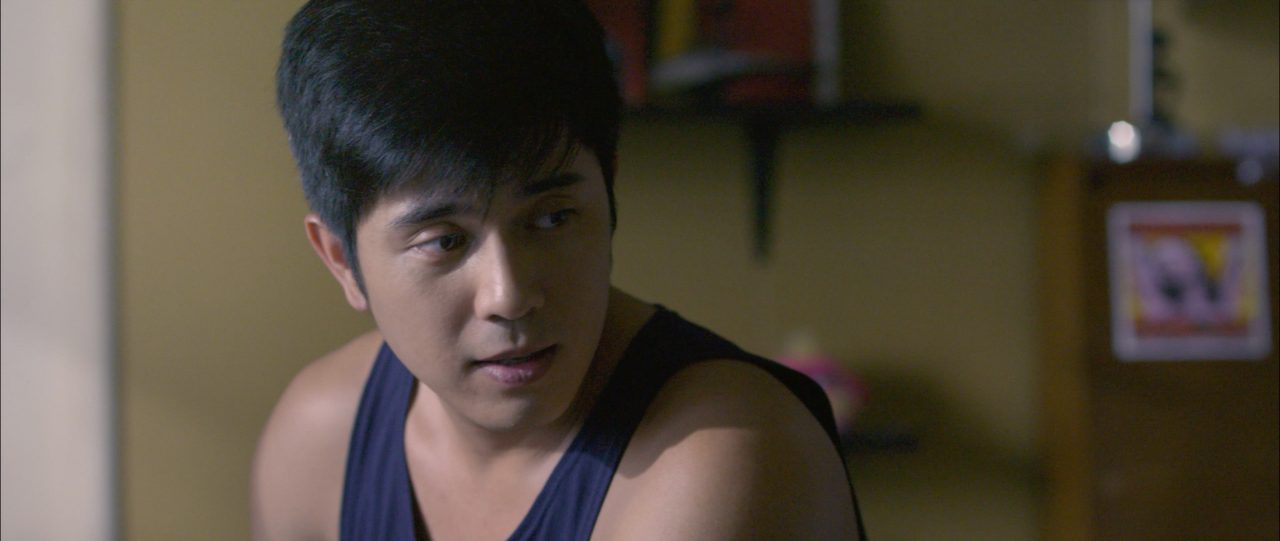SUMMARY
This is AI generated summarization, which may have errors. For context, always refer to the full article.

In one scene of J.P. Habac’s I’m Drunk, I Love You, Carson (Maja Salvador) finally expresses her feelings for Dio (Paulo Avelino), her classmate and best friend for 7 years. Her words were clear and succinct. Her long overdue declaration was emotional and disarmingly truthful, despite all the alcohol. It was pithy.
Dio, drunken and surprised, did what any man suddenly caught in the middle of a dear friend’s revelation would do. He starts to caress Carson’s face, giving it the passionate kisses he thinks she deserves. Carson however is both wise and sensitive. She is able to sense that Dio’s actions are not motivated by the emotion she wants from him. They weren’t done out of love. They were done out of pity.
Pithy. Pity. It’s funny how a single letter can make a world of a difference and in the case of that pivotal scene, it marks the profound gap that separates two young hearts who are in love, but not with each other. (READ: Cast of ‘I’m Drunk, I Love You’ give love advice)
Ode to intoxication

The other girl in Carson and Dio’s non-relationship is named Pathy (Jasmine Curtis-Smith). Carson, fueled by guarded jealousy, couldn’t help but poke fun at the letter h that makes her rival’s name different. That’s all she has against her, a single seemingly misplaced letter that makes her all the more unique. She is pretty, dainty, cultured, and has been featured in a weekly magazine that signals a young artist’s having made it in the world.
I’m Drunk, I Love You, however, is more than just a love story. There are no would-be lovers, no third parties whose only purpose is to snatch the guy from the hopelessly romantic girl, and no love triangles to reduce it to just another tediously repetitive romance.
The genius of Habac’s remarkably confident first feature is that while it is shaped as the typical romance that abuses heartaches for connection and realism, it endeavors to do something more, which is to bare an entire generation’s infatuation with feelings that are pronounced but fleeting.
The film is an ode to intoxication, whether with alcohol or silly emotions. It celebrates the pleasures of the present, while poking fun at the idiocies of the past and worrying about the future. Its structure – which frames the culmination of Carson’s admiration for her best friend during a weekend of beach, booze, and music – celebrates moods and attitudes that exemplify youth and its affinity to sudden shifts in temperaments and fears about change.
Speaking a universal language

I’m Drunk, I Love You speaks a significantly universal language, one that covers a collective experience despite the specificity of the film’s period and setting. It does this through its seemingly banal but oftentimes hilarious banter that slowly but surely displays personal doubts and anxieties.
It is told simply. It concentrates not on that gimmicks that most modern love stories veil with their empty musings about relationships, but on portraying its characters as genuinely as possible, warts and all.
The film admirably shuns the need to be novel. Instead, it borrows a lot of its cues from recent romances like Antoinette Jadaone’s That Thing Called Tadhana (2014) or Dan Villegas’ How To Be Yours (2016) that capitalize on heartaches for escapist pleasure.
Habac thankfully still maintains a distinct voice throughout the picture. His film is delightfully mercurial, aptly balancing its frank depiction of heartbreak with humor, verve, and music. He is proud of his film’s excesses. He foolishly fills it with various songs that enunciate already enunciated emotions. Despite the seemingly needless exuberance, it works.

Salvador gives Carson a charmingly hardened edge, one that melts painfully when her vulnerabilities are exposed during her drunken escapades. Avelino amply plays Dio with all the necessary mysteries of a man who is being depicted as the clueless recipient of all the repressed adoration. For the most part, they enjoyably wear facades, but when those facades crack and break to reveal fragilities, it’s almost impossible not to be stirred.
Affecting and somewhat sublime

The film ends with a scene where a simple smile that leads to laughter and other idle conversations marks a genuine coming-of-age, a farewell to childish obsessions and the suffering that accompanies them. The gesture is abrupt but affecting and somewhat sublime, a quiet declaration that what saves the day in the end is not love but growing up.
I’m Drunk, I Love You works because of its attention to all the minute details, the hanging and awkward letters that make a world of a difference, the sweet little smiles that break the ice to reveal newfound maturity. Habac’s film, with all its impromptu turns and admissions, makes it very clear – the truest emotions aren’t the ones borne out of logic and caution but the ones that without a warning burst from the unlikeliest of moments. – Rappler.com
 Francis Joseph Cruz litigates for a living and writes about cinema for fun. The first Filipino movie he saw in the theaters was Carlo J. Caparas’ ‘Tirad Pass.’ Since then, he’s been on a mission to find better memories with Philippine cinema.
Francis Joseph Cruz litigates for a living and writes about cinema for fun. The first Filipino movie he saw in the theaters was Carlo J. Caparas’ ‘Tirad Pass.’ Since then, he’s been on a mission to find better memories with Philippine cinema.
Add a comment
How does this make you feel?
There are no comments yet. Add your comment to start the conversation.